In recent years, the demand for organic products has skyrocketed, with many consumers seeking them out for their perceived health benefits. However, the “organic” label isn’t always as trustworthy as it seems, with some products falling short of the true standards consumers expect. As the organic market grows, so do the loopholes and deceptive practices that leave many products claiming to be organic far from it. Understanding why the organic label can be misleading is essential in making informed choices. Here are 13 reasons why many “organic” labels mean nothing and how it may be a big scam.
1. Misleading Labeling Practices
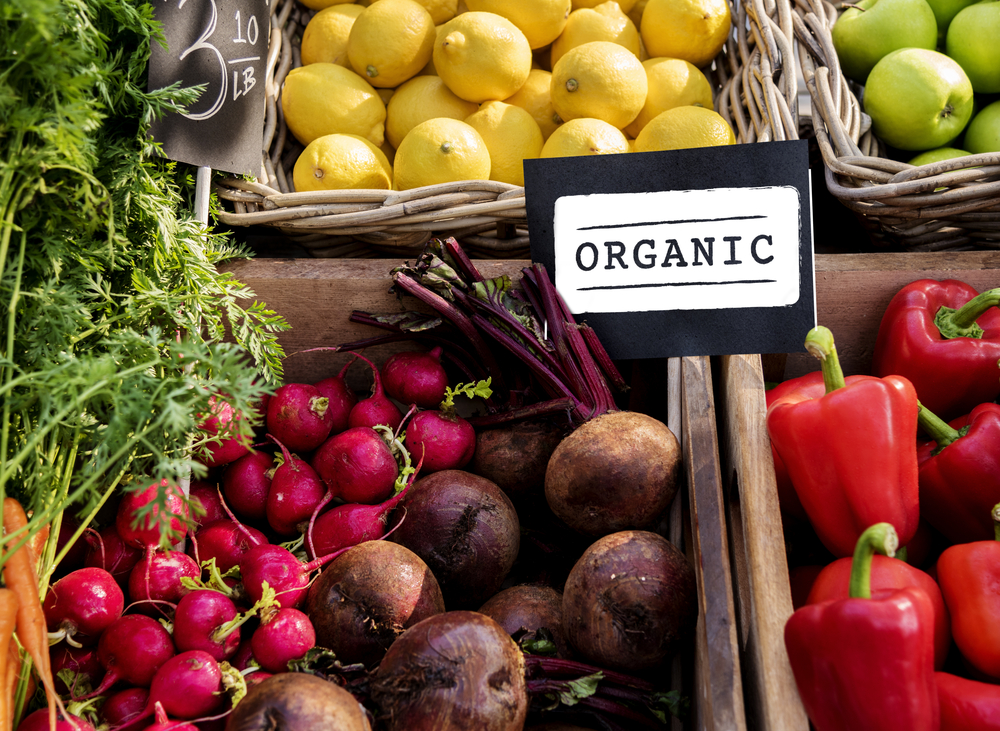
The term “organic” is regulated in many countries, but the standards and certifications can vary. In some cases, products labeled as organic may not fully meet the organic farming standards that consumers believe they do. The issue lies in the fact that products can sometimes be labeled as organic simply because they contain a small percentage of organic ingredients. For instance, a product can be marked as “organic” if only 70% of its ingredients are certified organic, leaving 30% to come from conventional sources that may be laden with pesticides or synthetic chemicals. This ambiguity creates a situation where consumers are paying a premium for something that doesn’t fully align with their expectations of purity.
Furthermore, some companies may use the term “organic” loosely, without the necessary certifications or paperwork to back up their claims. As noted by Organic Producer Network, in the U.S., products labeled “organic” must consist of at least 95% organically produced ingredients. However, some companies may bypass true organic farming practices, including non-GMO requirements and environmentally friendly cultivation. As a result, consumers may unknowingly pay extra for products that aren’t much healthier or more sustainable than their conventional counterparts.
2. Lack of Proper Certifications
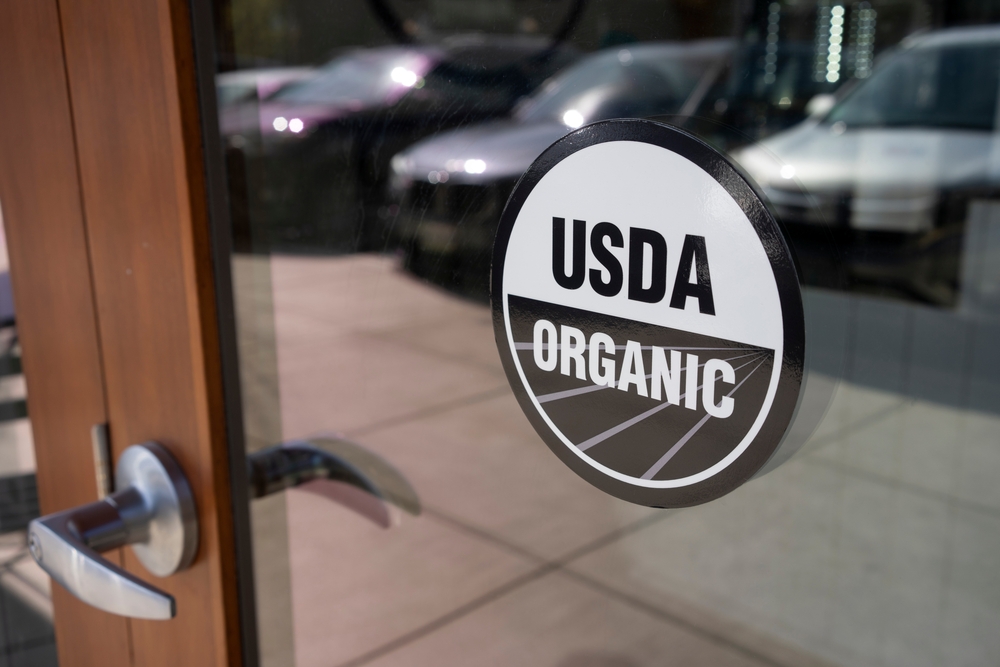
Not all organic labels are the same. To be truly organic, a product must meet stringent certification standards set by various certifying bodies, such as the USDA in the U.S. or the EU Organic Certification in Europe. However, many products, especially those from lesser-known brands or private-label items, often carry the “organic” label without the proper certification. Without this certification, there’s no way to verify that the product truly meets the standards of organic farming and production. In some cases, companies may use deceptive tactics to market their products as organic, even if they’re not fully compliant with organic standards.
According to Eorganic, any grower that does not obtain USDA certification or is not exempt may not legally label their produce as organic. This lack of consistent oversight also opens the door for greenwashing, a practice where companies exaggerate or fabricate the environmental or health benefits of their products. Without the necessary certifications and inspections, consumers can’t know if they’re truly buying organic goods or just paying for a marketing spin.
3. Organic Doesn’t Always Mean Pesticide-Free
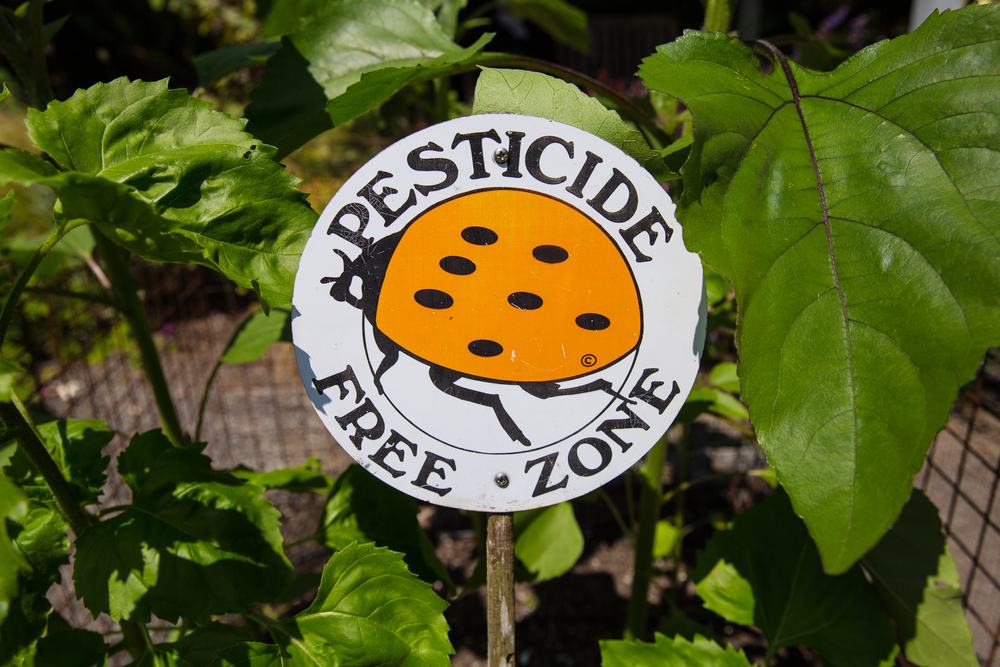
One of the biggest misconceptions about organic products is that they are pesticide-free. While organic farming restricts the use of synthetic pesticides, it still allows for the use of natural pesticides and chemicals, some of which can be just as harmful to human health. Many organic farms use pesticides that are derived from natural sources, but they may still cause health risks or environmental harm. For example, substances like copper sulfate and rotenone are allowed in organic farming, both of which can be toxic if not used properly.
As explained by Kiju, organic farming uses natural pesticides like acetic acid, which can still pose risks if not managed correctly. Thus, while organic foods may contain fewer harmful chemicals than conventional products, they are not necessarily free from pesticides altogether.
4. Organic Does Not Guarantee Better Taste or Nutrition

Another issue with organic foods is the assumption that they are inherently more nutritious or better tasting than their conventional counterparts. While there is some evidence to suggest that organic foods may have slightly higher levels of certain nutrients, the difference is often minimal and not enough to justify the premium price. For example, organic fruits and vegetables may contain more antioxidants, but the difference in nutritional value between organic and non-organic options is often negligible for most people’s diets.
According to News Society, numerous studies have found no significant difference in taste between organic and conventional foods. Similarly, a comprehensive meta-analysis by Stanford’s Center for Health Policy found little evidence that organic foods are more nutritious than conventional alternatives. The quality and flavor of produce can depend on various factors such as soil quality, growing practices, and storage methods. There’s no guarantee that an organic apple will taste better than a conventional one, and in some cases, organic food can be less flavorful, especially if it’s not grown or stored properly.
5. Not All Organic Practices Are Environmentally Friendly

While organic farming aims to be more sustainable than conventional methods, it’s not always the environmentally friendly alternative that it’s marketed to be. Organic farming can still contribute to soil degradation, water pollution, and other environmental issues, particularly if it relies on monocropping, which is the practice of growing the same crop year after year in the same soil. Monocropping can deplete the soil of essential nutrients and increase the need for chemical inputs, even in organic farming.
Moreover, large-scale organic farming operations may still have a significant environmental footprint due to factors like transportation, water usage, and energy consumption. Some “organic” brands may source their ingredients from overseas, which involves significant environmental costs related to shipping and carbon emissions. This means that just because a product is organic, it doesn’t automatically mean that it’s produced in an environmentally sustainable manner.
6. Organic Products Can Still Be Highly Processed
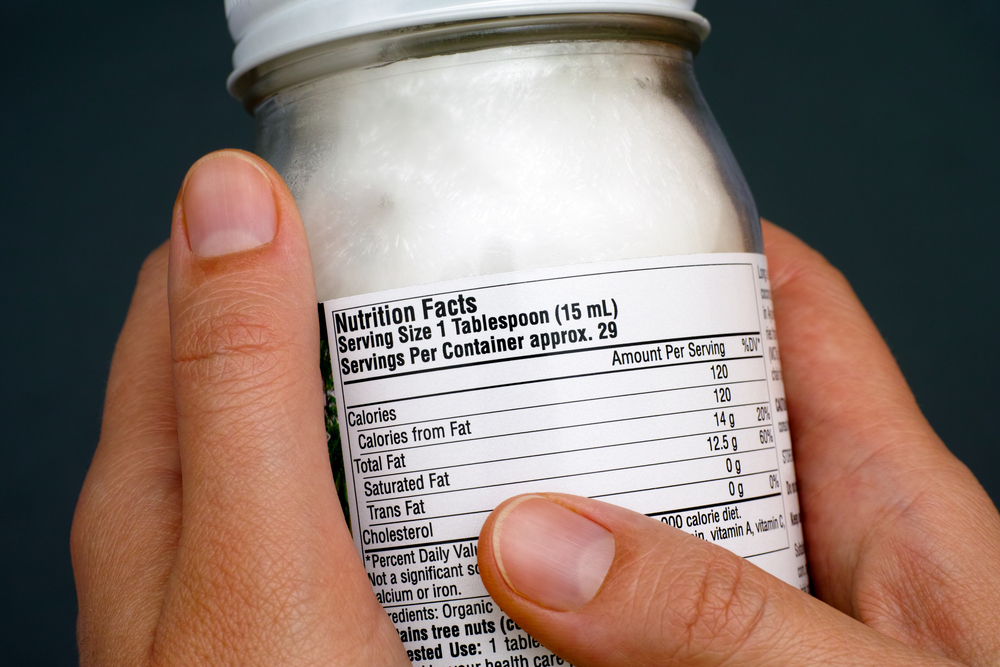
Many consumers are drawn to organic products because they believe they are healthier or more wholesome. However, not all organic products are created equal. Some organic items are highly processed, and packed with preservatives, additives, and sugar, which can make them just as unhealthy as conventional processed foods. The organic label may give the illusion of a nutritious product, but a closer look at the ingredients can reveal a range of artificial additives that are far from natural.
For example, many organic packaged foods, such as snacks and cereals, are loaded with sugar, refined grains, and unhealthy oils, making them far from healthy food. Just because a product is labeled “organic” doesn’t automatically mean that it’s nutritious, and consumers should still be cautious and check ingredient lists before purchasing.
7. Organic Certification Costs Can Drive Up Prices

Organic certification can be an expensive and time-consuming process for farmers, and these costs are often passed on to the consumer. While organic food tends to be more expensive than conventional options, much of this price increase is due to the cost of certification, as well as the cost of organic farming practices, which can be less efficient and yield lower quantities. This means that many organic products are marked up significantly, sometimes without offering any added benefit in terms of nutrition or quality.
Additionally, some companies may raise the price of their products simply because they have an “organic” label, even if their ingredients aren’t fully organic or they use questionable farming practices. Consumers are often paying a premium for a label rather than for genuine improvements in quality, health, or sustainability.
8. Lack of Accountability for “Local” Organic Products

In some cases, products labeled as “local organic” may not adhere to the same standards or certification processes as products from established organic farms. While buying locally sourced food can be an excellent way to support small farms and reduce environmental impact, the term “local” is not regulated, and the products may not always meet the same organic standards as those that are certified by regulatory bodies. Without oversight, consumers are left to trust that local organic farmers are using sustainable practices and following the proper guidelines, but this is not always the case.
In many regions, “local” products are not subjected to the same rigorous certification process as those sold at larger retailers, meaning there could be inconsistencies in what qualifies as organic. Without clear guidelines or proper certification, consumers may be misled into thinking they’re purchasing something more natural or sustainable than they are.
9. The Certification Process Can Be Manipulated
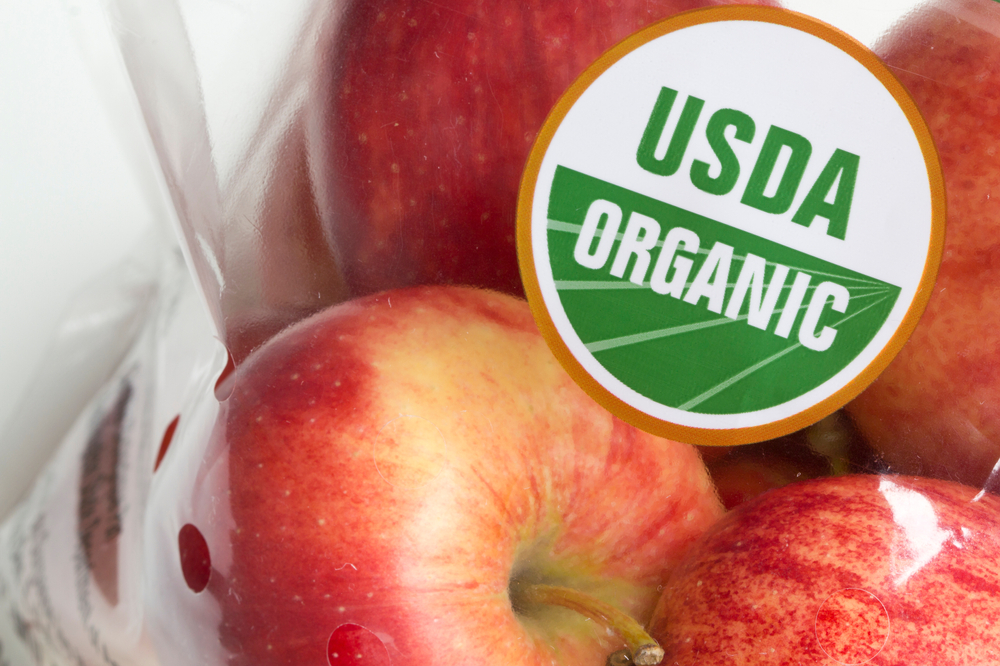
Although organic certification is meant to ensure that products meet strict standards, the process is not foolproof. Some large companies have found ways to manipulate or bypass certain aspects of the certification process to label their products as organic, even if they don’t meet the required standards. For example, some producers may use organic ingredients but still employ harmful farming practices, like overuse of water or excessive chemical inputs in other areas of production.
This loophole can lead to organic products that are not truly organic, with some manufacturers making minor adjustments to their practices to secure certification without changing their overall approach to farming. As a result, consumers may unknowingly purchase products that don’t live up to the expectations set by the organic label.
10. Misleading Marketing & Greenwashing
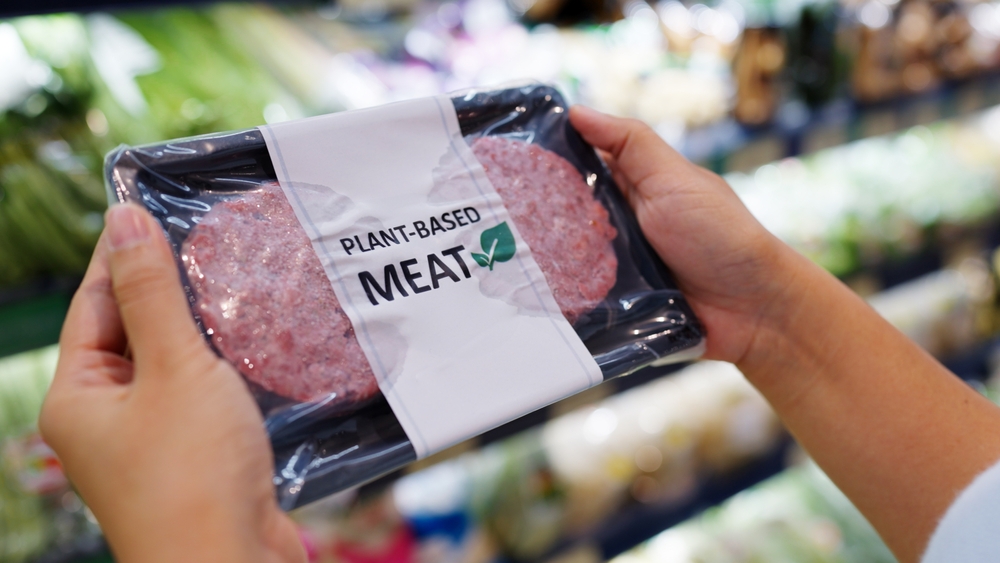
With the growing popularity of organic products, many companies have jumped on the bandwagon and labeled their products as organic, even when they don’t fully meet organic standards. This practice, known as “greenwashing,” is an attempt to capitalize on the growing demand for organic goods by using misleading marketing tactics. Companies may advertise their products as “all-natural” or “farm-fresh,” while the ingredients inside are far from organic or environmentally friendly.
Greenwashing can be difficult to spot, especially since terms like “natural” or “non-GMO” are often used interchangeably with “organic.” By using these buzzwords, companies can create the illusion of a healthier or more sustainable product without actually providing any meaningful benefits. Consumers need to be aware of these tactics and remain cautious of brands that prioritize marketing over quality and transparency.
11. Organic Is Not Always the Most Ethical Option

Many consumers turn to organic products because they believe they are a more ethical choice, especially in terms of animal welfare. However, not all organic farming practices are aligned with ethical treatment of animals. Some organic farms may still use inhumane methods, such as cramped living conditions, inadequate feed, and poor handling practices, even though they meet the requirements for organic certification.
While organic farming does prohibit the use of certain chemicals and pesticides, it doesn’t necessarily guarantee that animals are treated with the utmost respect and care. For a more ethical choice, it’s important to look for certifications beyond just “organic,” such as humane certifications or animal welfare standards that ensure animals are raised in conditions that promote their well-being.
12. Organic Food Waste Is Still a Major Problem
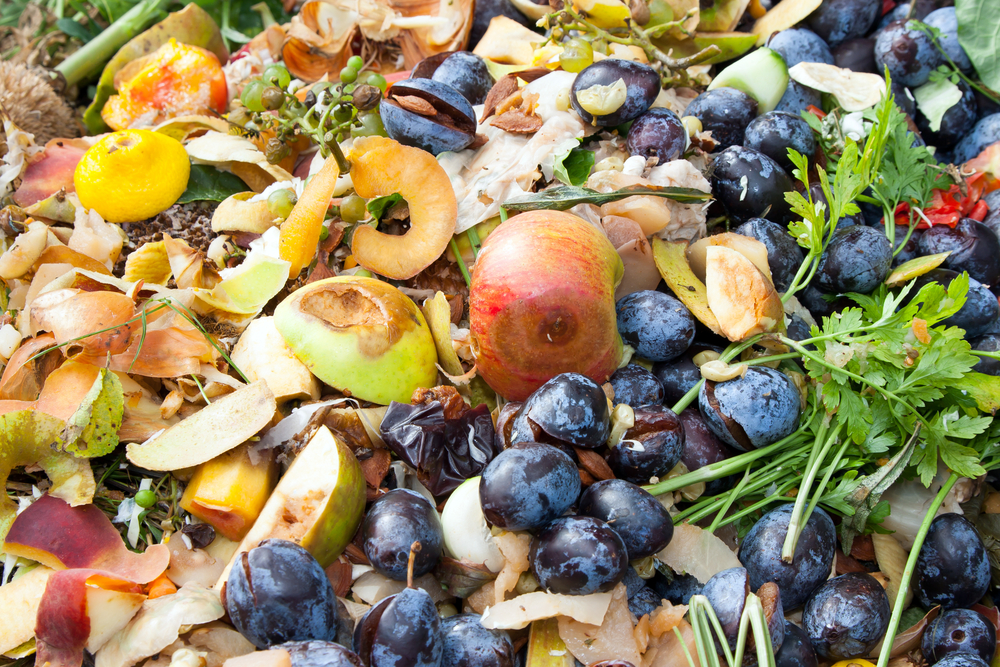
Although organic farming practices often emphasize sustainability, organic food waste is still a significant issue. Organic produce can sometimes be more susceptible to spoilage due to the lack of synthetic preservatives or pesticides, leading to higher rates of food waste. This is particularly problematic in countries where organic food is marketed as a more sustainable choice, yet a significant amount of organic produce ends up in landfills.
Moreover, the transportation and packaging of organic products can also contribute to waste, as many organic foods are wrapped in plastic or shipped long distances, increasing their environmental footprint. Reducing food waste in organic farming requires a broader focus on supply chain improvements, proper storage, and consumer education to make sure that organic foods are consumed before they go bad.
13. No Universal Definition of Organic
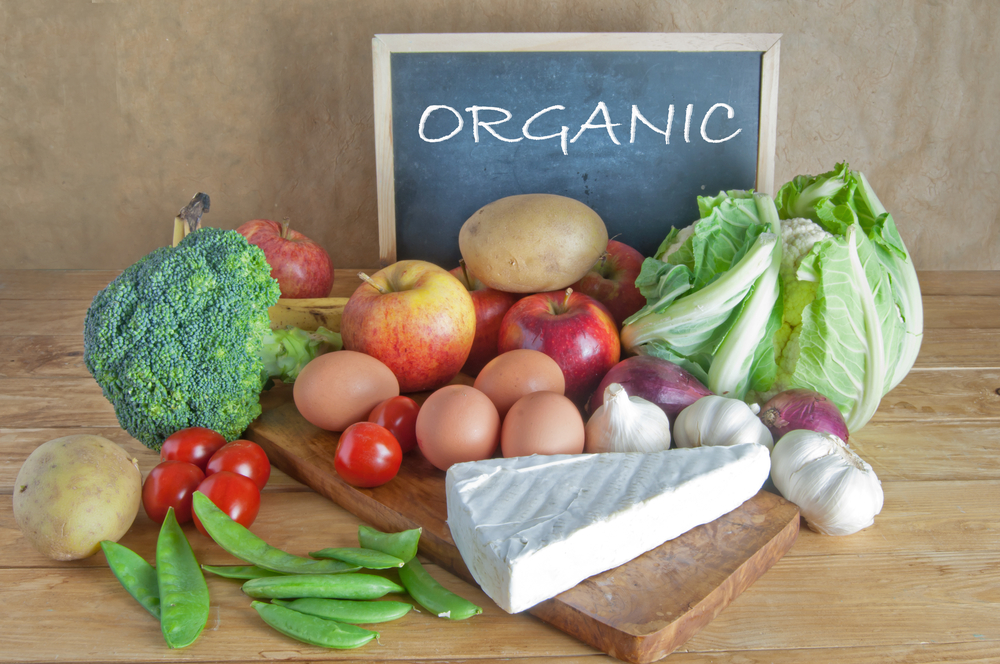
In many parts of the world, the term “organic” is not regulated in the same way, leading to inconsistencies in how organic products are defined and produced. For example, some countries may allow certain chemicals or farming practices in their organic certification, while others may prohibit them altogether. This lack of a universal definition means that products labeled “organic” in one country may not meet the same standards as those in another, leaving consumers with little clarity on what they are truly purchasing.
This lack of uniformity can make it difficult for consumers to know whether they’re buying a product that meets their expectations for quality, sustainability, and health. While international standards exist, they are not always followed uniformly, leading to confusion and potential deception in the organic marketplace.
Natasha is a seasoned lifestyle journalist and editor based in New York City. Originally from Sydney, during a stellar two-decade career, she has reported on the latest lifestyle news and trends for major media brands including Elle and Grazia.


